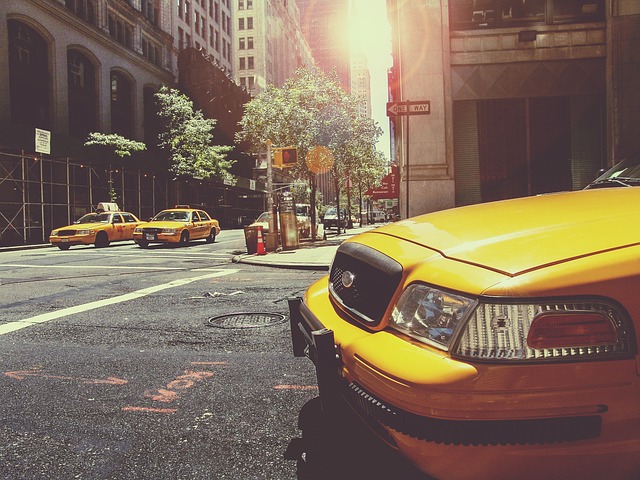We knew from the beginning of AI development that it will lead to profound changes in the economy [see How Soon Will AI Transform The Economy to discover what sort of changes we can expect to happen with AI deployed in business]. We have made our own predictions of what the implications of these changes will be [see Joseph Stiglitz: AI Can Lead To A More Divided Society]. We once thought that AI will lead to massive job loss and that the impact will be drastic [see New Research Shows 800 Million Workers Could Be Replaced By Robots By 2030]. What we didn’t realize was that the changes will take a different form, and the impacts are much worse than expected.
In this article for the Intelligencer, Adrien Chen summarizes the four-year ethnographic research conducted by Alex Rosenblat among Uber drivers. Rosenblat claims that Uber drivers are worse off than their independent counterparts. For one, Uber tracks everything drivers do on their phones, so there is no real privacy as long as the app is turned on. Partner drivers are also required to accept 90% of pinged rides without knowing where the destination is. Sometimes, they could end up driving 15 minutes to give a passenger a measly 10 minute ride, and earning negative income.
Perhaps the worst part of it is that many drivers see Uber as a kind of refuge, offering them flexible working hours and more time for their family. What drivers don’t realize is that they are on the losing end of this arrangement. They are forced to work longer hours in order to meet their target income. They have to deal with car interest rates, insurance, and they receive no government mandated benefits from Uber.
Rosenblat’s study shows that Uber successfully brokered the risk away from their company, to be borne by its partner drivers. The company only needed to make sure that its own AI works excellently, while partner drivers do all the work. When passengers are unsatisfied with the service that they receive, it is not Uber that gets a bashing, but the driver. And just like its passengers, drivers are also required to pay fees for their use of the app. For Rosenblat, this computerized management enables companies to hide behind layers of technology and ideology. The oppression and exploitation associated with capitalism continues, but workers think that they are better off.
Why It Matters
When Uber introduced the sharing economy in 2010, it had only the best intentions. It wanted to provide employees with new income generating opportunities by utilizing their current resources. It dreamed of a world where workers could choose when they wanted to go to work, and how much work they wanted to do for a day.
But the thinking used in developing the business model had profit as the top most goal. It did not consider the purpose of economics, and how it was integral in the development of society and the human being. People equated more money, to greater well being, and in essence, to greater happiness. But we now know in this modern world that this is not the case. Money or power does not make the world a better place. More technology does not make a better society.
Uber, just like most companies today, relied on an old kind of thinking that is pragmatic and disconnected. As long as businesses use this worldview, then its well-intentioned projects will develop unintended consequences which may lead to harm and oppression.
Read Original Article

Read Online
Click the button below if you wish to read the article on the website where it was originally published.

Read Offline
Click the button below if you wish to read the original article offline.
